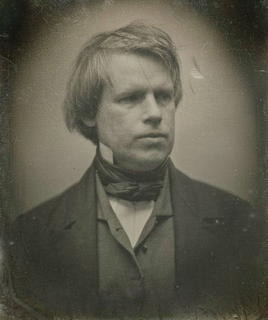A Quote by Ayn Rand
Collectivism answers: The power of society is unlimited. Society may make any laws it wishes, and force them upon anyone in any manner it wishes.
Related Quotes
Collectivism holds that the individual has no rights, that his life and work belong to the group (to "society," to the tribe, the state, the nation) and that the group may sacrifice him at its own whim to its own interests. The only way to implement a doctrine of that kind is by means of brute force - and statism has always been the poltical corollary of collectivism.
In communist society, where nobody has one exclusive sphere of activity but each can become accomplished in any branch he wishes, society regulates the general production and thus makes it possible for me to do one thing today and another tomorrow, to hunt in the morning, fish in the afternoon, rear cattle in the evening, criticize after dinner, just as I have a mind, without ever becoming hunter, fisherman, shepherd or critic.
If the world is an aggregate of relatively independent regions, then any assumption of universal laws is false and a demand for universal norms tyrannical: only brute force (or seductive deception) can then bend the different moralities so that they fit the prescriptions of a single ethical system. And indeed, the idea of universal laws of nature and society arose in connection with a life-and-death battle: the battle that gave Zeus the power over the Titans and all other gods and thus turned his laws into the laws of the universe.
A gentleman of ambition is aware of the people he wishes to be associated with both socially and commercially. He knows that moving through different levels of society is akin to stepping through different rooms in an enormous house, each door leading to a grander environment than the last. He may, of course, settle for the comfort of any room he reaches. Alternatively, he may continue through successive doors to surround himself with even greater fineries and riches.





































